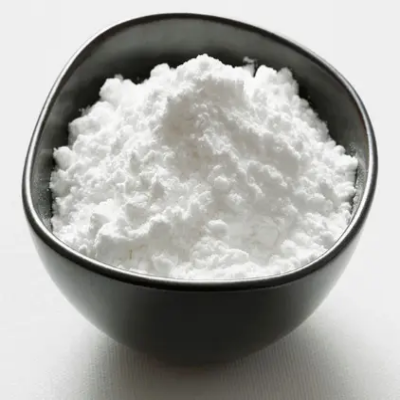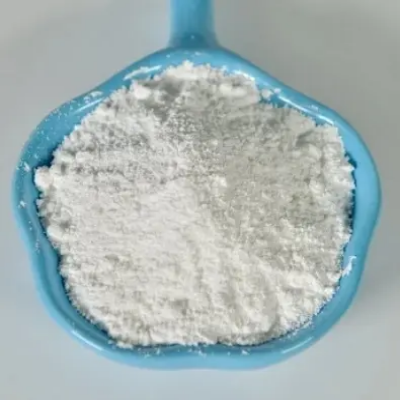Indole CAS:120-72-9
Indole finds extensive applications across different industries due to its versatile properties and structural significance. In the pharmaceutical sector, indole serves as a key structural motif in the design and development of drugs targeting a wide range of therapeutic areas. Its presence in drug molecules imparts unique pharmacological activities, making it valuable in the synthesis of medications for conditions such as cancer, neurological disorders, and infectious diseases. In the agrochemical industry, indole derivatives are used in the formulation of pesticides, plant growth regulators, and herbicides. These compounds play crucial roles in crop protection, pest management, and enhancing agricultural productivity. Indole-based chemicals help control insect populations, promote plant growth, and regulate physiological processes in plants, contributing to sustainable agriculture practices. Moreover, indole's significance extends to the fragrance and flavor industry, where it is utilized in the creation of perfumes, scents, and food additives. Its aromatic characteristics impart pleasant odors and tastes to consumer products, enhancing their sensory appeal and marketability. Indole compounds are employed in the production of fragrances for perfumes, cosmetics, and household products, as well as flavor enhancers in food and beverage formulations. Additionally, indole serves as a valuable research tool in biochemistry and molecular biology studies. Its involvement in signaling pathways, gene expression regulation, and cellular processes makes it an essential molecule for investigating biological mechanisms and pathways. Researchers leverage indole and its derivatives to elucidate physiological functions, discover new drug targets, and advance scientific understanding in various fields of life sciences. Overall, the diverse applications of indole underline its importance in pharmaceuticals, agrochemicals, fragrances, flavors, and scientific research, showcasing its versatility and relevance in multiple industrial sectors and scientific disciplines.
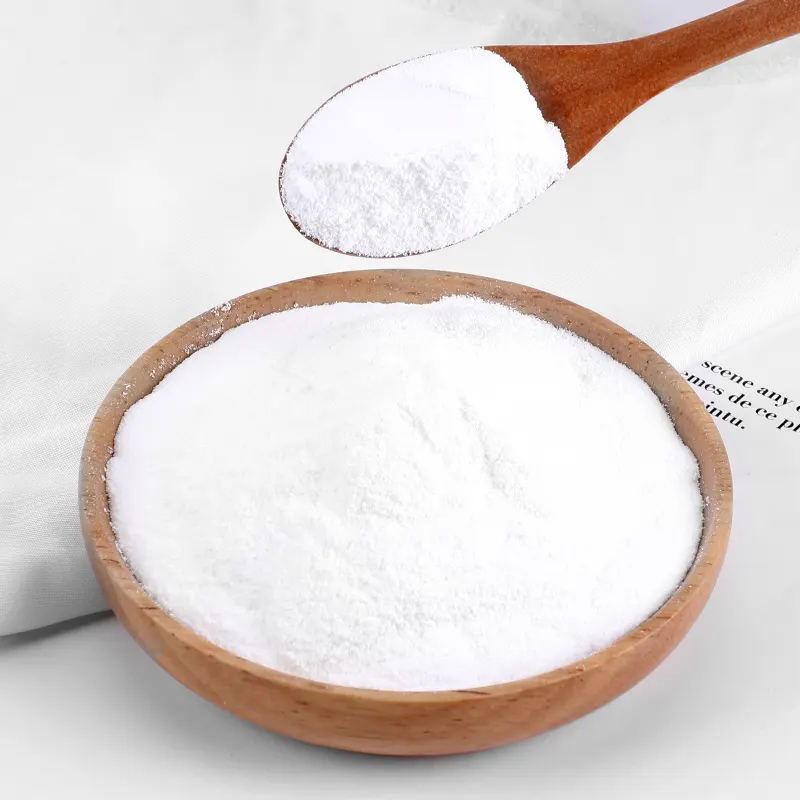
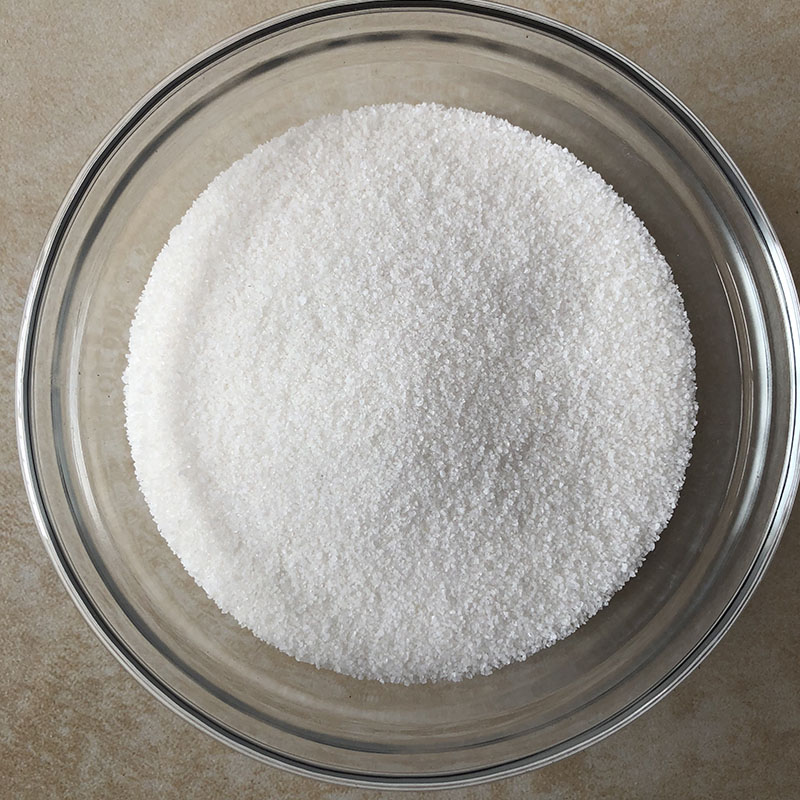
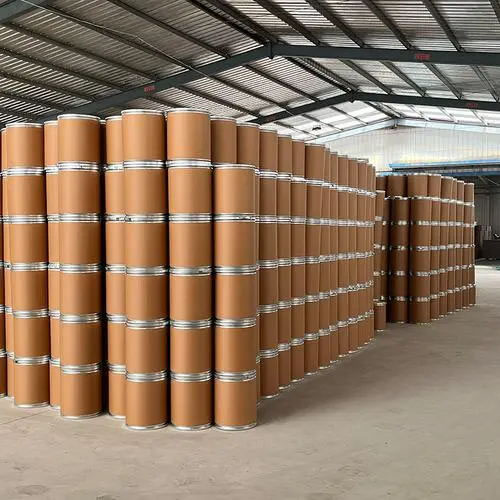
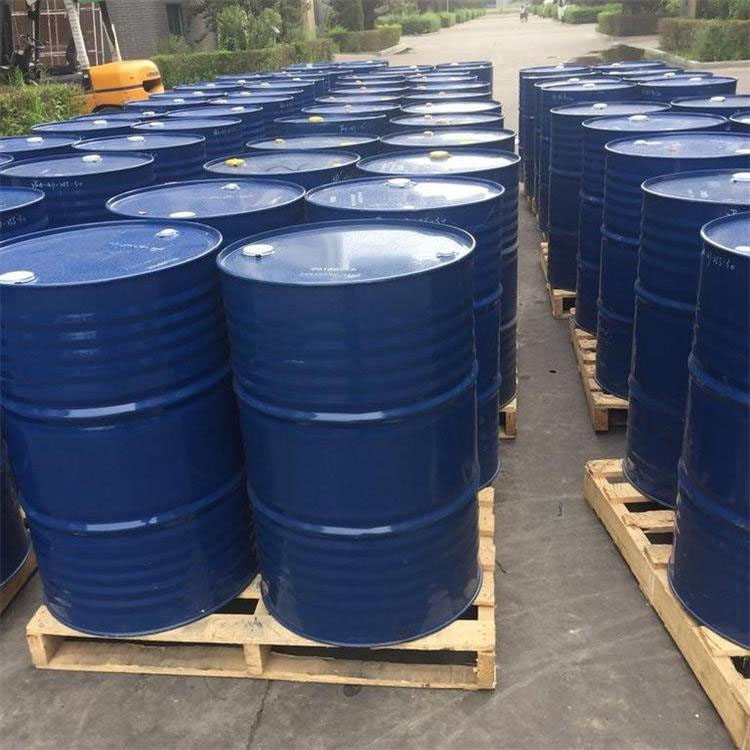
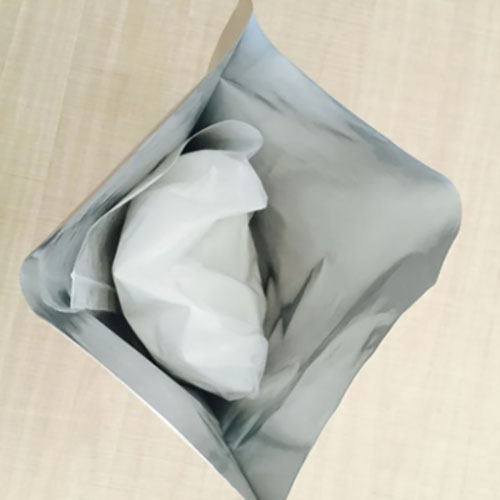
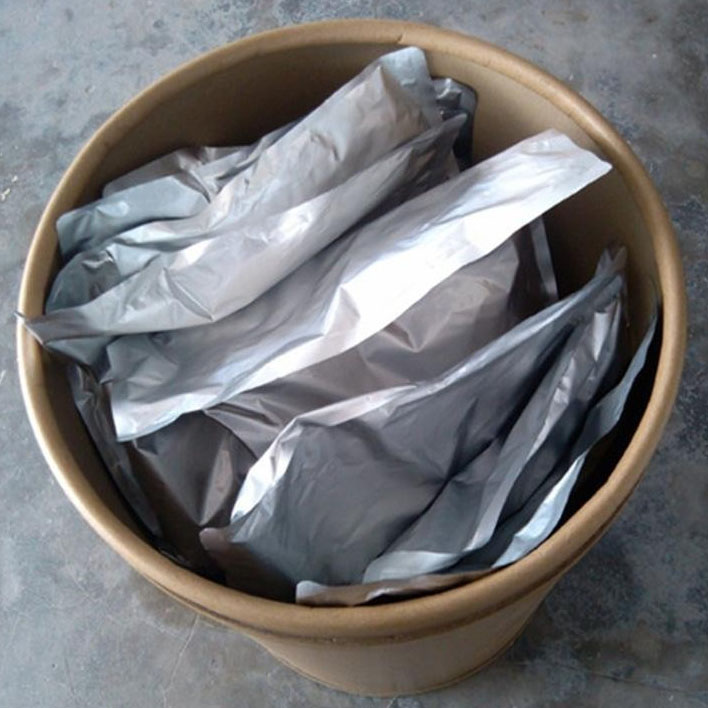
| Composition | C8H7N |
| Assay | 99% |
| Appearance | white powder |
| CAS No. | 120-72-9 |
| Packing | Small and bulk |
| Shelf Life | 2 years |
| Storage | Store in cool and dry area |
| Certification | ISO. |


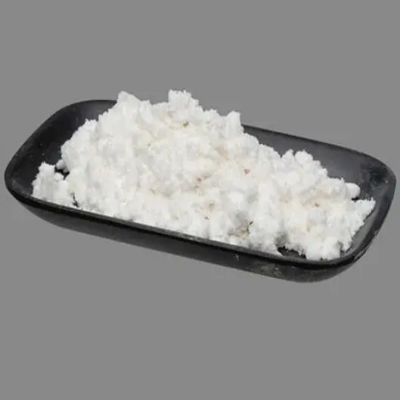

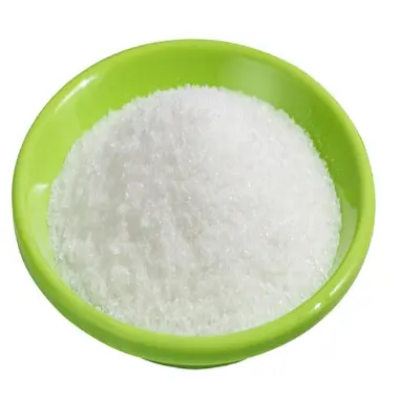
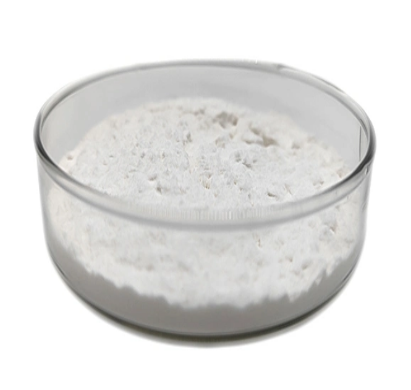
![1,8-Diazabicyclo[5.4.0]undec-7-ene CAS:6674-22-2](https://cdn.globalso.com/xindaobiotech/1ZNB2ZF342ZWRNG153.png)
